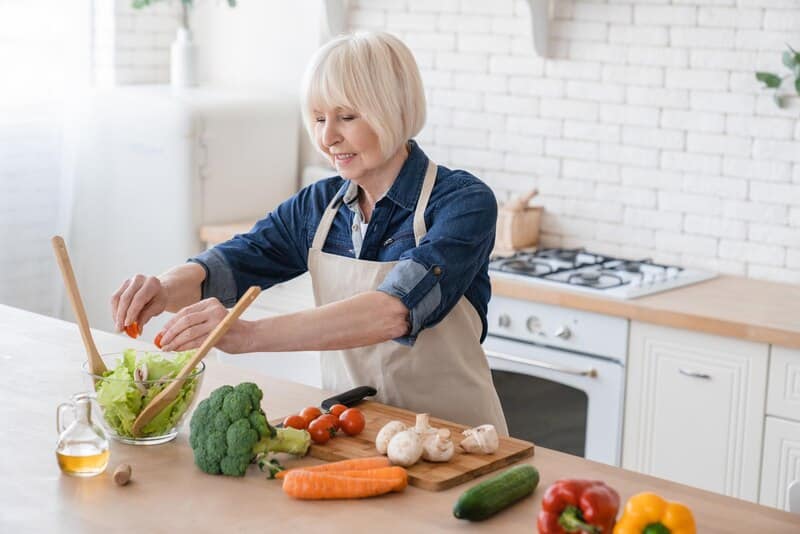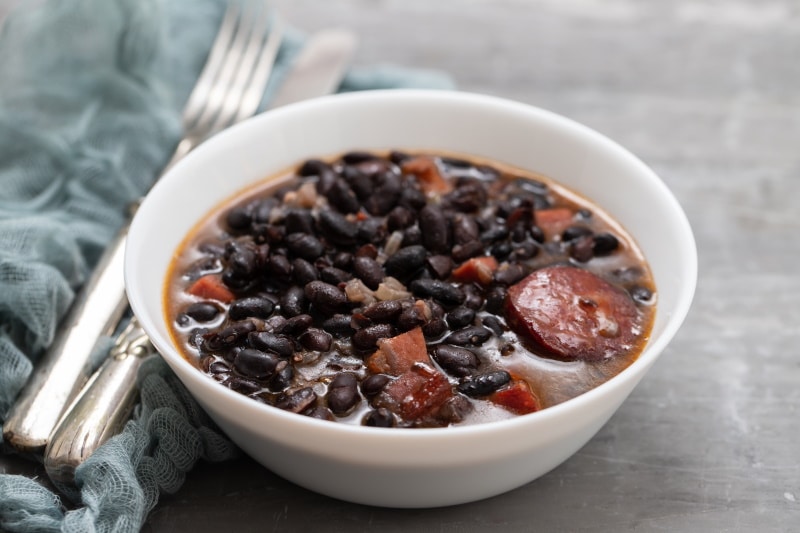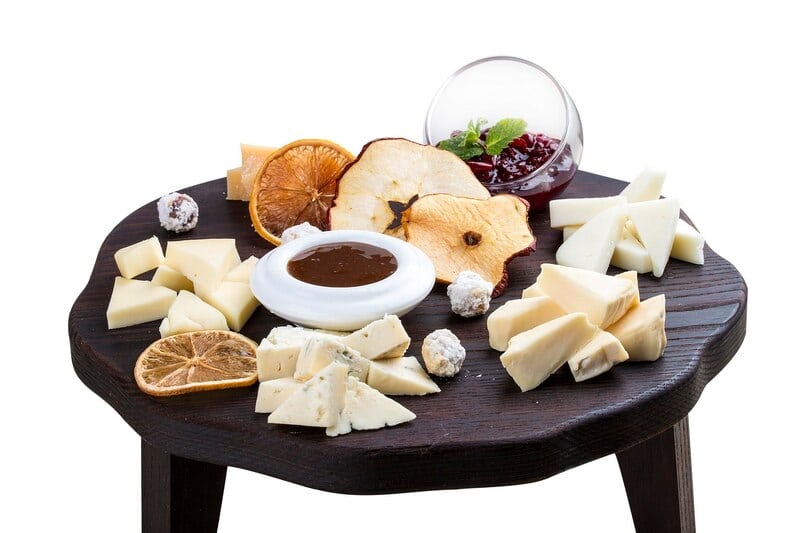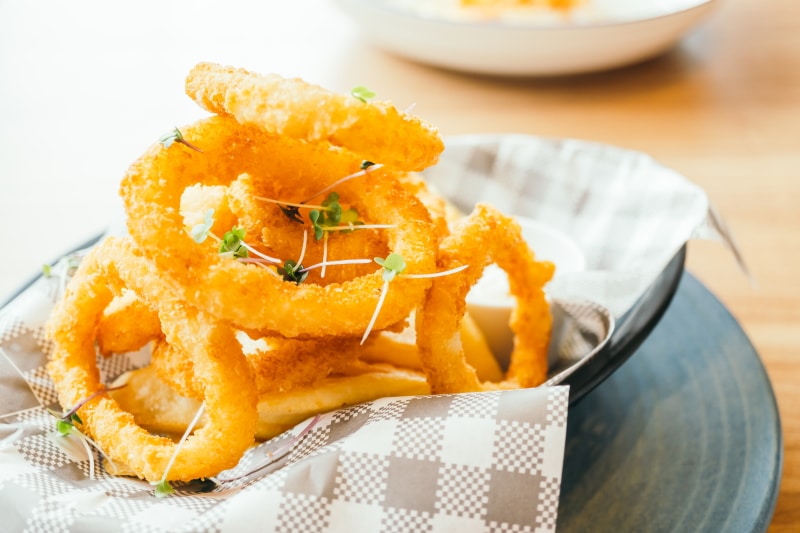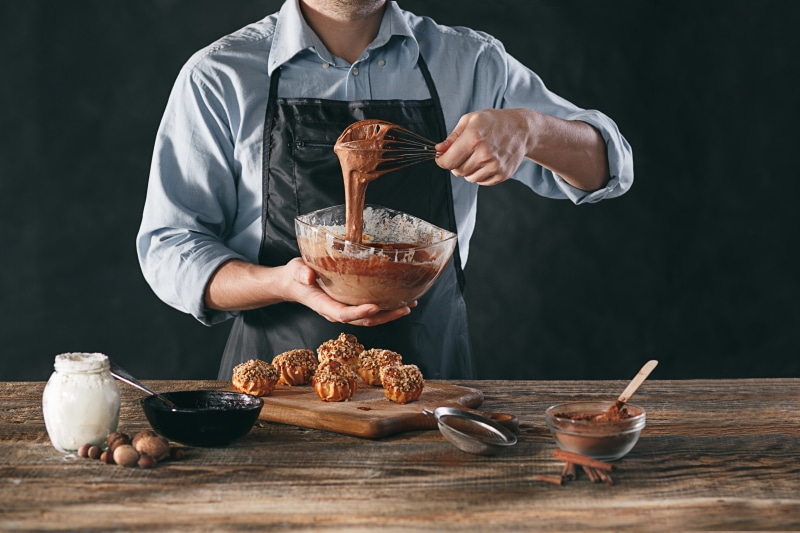It’s common knowledge that the United States is experiencing an epidemic of obesity. More than a third of Americans are obese, according to the Centers for Disease Control and Prevention (CDC). Higher rates of chronic diseases like diabetes type 2, heart disease, cancer, and stroke have all been related to obesity.
The danger of being fat used to peak in middle age, but now it affects people of all ages. Experts blame the Western diet, which is abundant in fat, sugary meals and drinks, red meat, refined cereals, and processed meats, and a lack of regular physical activity for this epidemic.
It’s also worth noting that Americans aren’t just eating too much of the wrong foods; they’re consuming the wrong foods overall. We’ve been accustomed to eating more than we need because of the standardization of super-sized meals at restaurants and fast food businesses.
Adopting a vegan diet may help seniors avoid becoming another statistic in the obesity epidemic. The American Journal of Clinical Nutrition reports that vegans have lower blood pressure, healthier cholesterol levels, and lower body mass indexes than the general population.
Fruits and vegetables provide more fiber, vitamins, and minerals than a diet high in meat and fast food. Having a healthier heart is one of the many benefits you’ll reap from this. Colorectal and prostate cancers, in particular, have been linked to meat eating, thus a vegan diet may help to reduce your risk of these cancers as well.
There’s one more reason why veganism is great for seniors: Vegan diets are often more budget-friendly than meat-based ones. That has some attraction for retirees living on a fixed income.

Aging and nutrition
Food becomes increasingly crucial to the well-being of an aging individual, as has been confirmed by scientific studies. This is because as we age, our bodies begin to alter, requiring increased amounts of certain nutrients to maintain healthy muscle, bone, and organ function.
A common sign of aging is a loss of skin thickness. However, this decreases one’s ability to take in sun-generated vitamin D. Because vitamin D facilitates calcium absorption, a lack of it might result in a calcium deficit. Food is a great way to replenish both of these nutrients.
The maintenance of muscle mass is also dependent on protein intake. Because of the increased risk of muscle degradation and the resulting difficulties with mobility and sickness recovery, the elderly needs to engage in regular exercise. Among 2,900 elderly persons, those who consumed the most protein had a 30% reduced risk of developing functional impairment, according to research published in The Journals of Gerontology.
Some of the most prevalent nutritional deficits in the elderly are those of potassium, omega-3 fatty acids, magnesium, and iron. Thirty percent of British citizens over the age of 85 suffer from anemia, as reported by the British Geriatrics Society.
Diet may have a role in preventing some diseases and helping seniors maintain their best possible health.
The World Health Organization (WHO) states that persons who practice healthy lifestyles, such as eating well and limiting alcohol consumption, have a lower risk of developing dementia. The Alzheimer’s Association also acknowledges the potential protective effects of a diet high in plant-based foods, like fruits and vegetables, and low in animal-based foods, like red meat and sugar.
Heart disease, type 2 diabetes, and several types of cancer are all common causes of death in the elderly, but a diet high in plant foods has been shown to lower this risk.
A registered dietitian and geriatric nurse, Amber Dixon, MPH said, “While some people may be tempted to believe that veganism is a diet for young people, the fact is that there are many benefits to eating vegan foods for seniors.” Elderly Guide is a platform that provides health resources for seniors and their families.
She reemphasized the possibility that it could aid in weight maintenance and even lower the risk of dementia. She explains that if you choose a vegan diet, you can count on eating lots of fiber and complex carbohydrates. In addition to making you feel fuller for longer, this also aids in keeping your blood sugar levels stable.
A vegan diet improves health in elderly
It’s possible to follow a vegan diet in many different ways. A diet consisting entirely of French fries and donuts, for instance, isn’t exactly nutrient-dense, but it’s still vegan. Whole foods and plant-based vegan diets are recommended for the best health at any age, particularly in the golden years. Same as the Ikarians.
However, elders may benefit from B12 supplements just like any other vegans do. Studies show that 6 percent of persons over the age of 60 have vitamin B12 deficiencies. Fruits and vegetables do not naturally contain vitamin B12, but you can find it in nutritional yeast and fortified cereals.
However, the majority of the essential vitamins and minerals needed to support healthy bone, muscle, and organ function can be obtained through a diet rich in grains, leafy greens, beans, legumes, and other whole foods, especially by seniors. According to nutritionists, these are the top items to include in your daily diet.
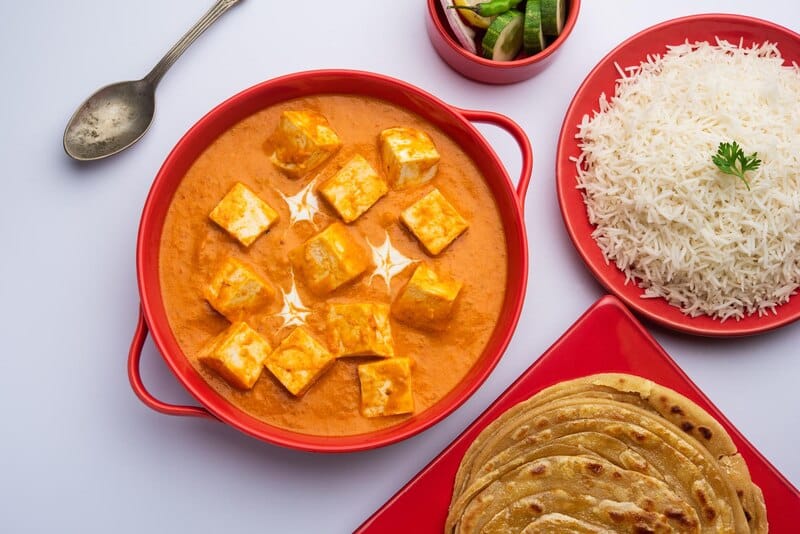
1 Protein-rich meal, such as tofu
According to Patricia Kolesa, MS RDN, RD, a registered dietitian, “Tofu is one of the highest sources of protein among vegan meals.” She claims this is because of the increased protein requirements of the elderly. There are about 8 grams of protein in every 100 grams of tofu, so it “may be a useful source in preventing the process of muscle breakdown,” she says.
Protein-rich foods, Kolesa says, also contribute to a sense of fullness and satiety after eating. In addition, the calcium in tofu can aid the elderly, who are at greater risk for bone fractures and arthritic pain, by keeping their bones healthy.
Read our recommendations for the best ways to prepare and cook tofu for additional information. Tempeh provides 19 grams of protein per 100 grams, while seitan has 75 grams, so both are great options for vegans looking for protein.
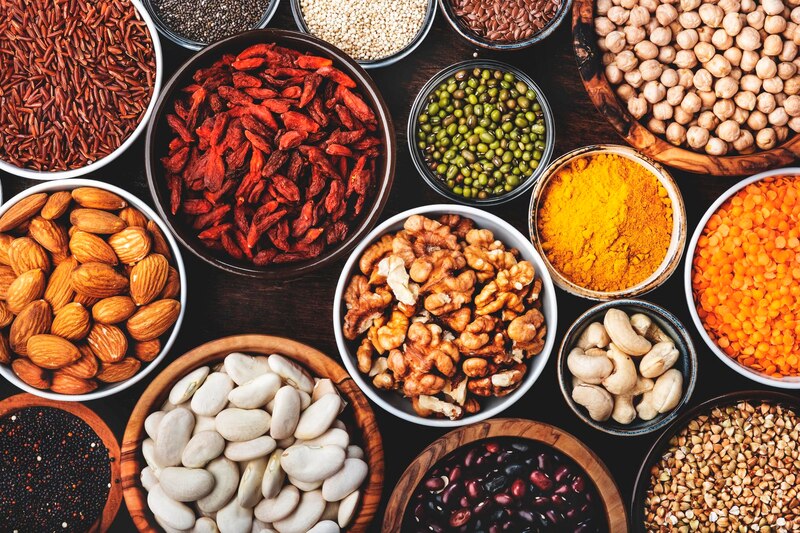
2 Beans and Other Legumes
Kolesa adds that beans are an excellent way for the elderly to get the protein they need. “Combined with rice, they can make for a complete protein,” she explains. With 24 grams per 100 grams, kidney beans are among the best plant-based sources. Covering to find out which beans have the most protein, we’ve produced this handy guide to anything from cannellini to edamame (including high-protein dishes) (plus high-protein recipes).
But, protein apart, beans have other benefits, too. Kolesa argues that beans are a good source of fiber because of their high content of soluble and insoluble carbohydrates. “Fiber can ease the digestive process by helping to create stool and remove waste from the body, which is especially helpful for the elderly, for whom this can be a challenge. Another concern amongst the elderly is anemia, which stems from inadequate iron. Beans are a great way to get your iron, but they’re more easily absorbed by the body when eaten alongside a vitamin C-rich item like red bell peppers.
Dixon thinks that beans are a fantastic source of nourishment for seniors, and also advises other protein- and vitamin-rich legumes, like lentils and peas. “Beans and legumes are strong in protein, fiber, and other elements that are vital for seniors,” she explains. “They may be utilized in a variety of recipes and are easy to integrate into ordinary meals.”
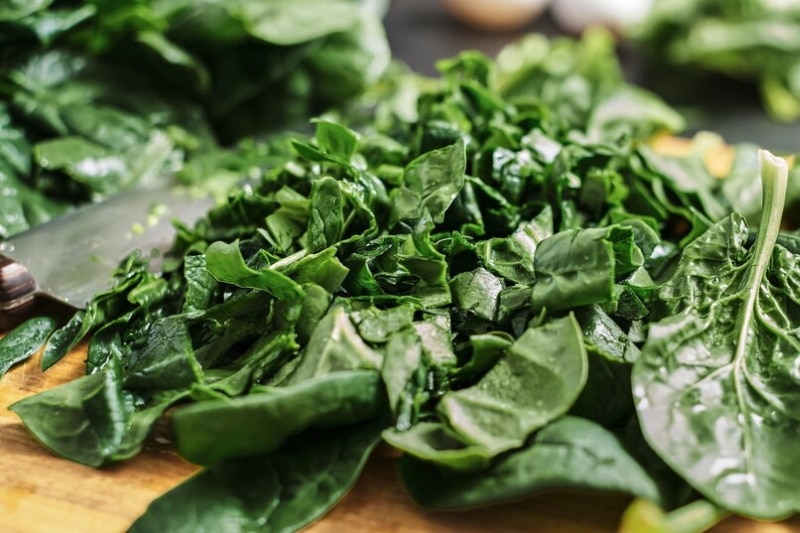
3 Leafy greens
Dixon also recommended that elders fill their diets with greens, such as spinach and kale. “They’re abundant in vitamins A and C, which are vital for eye health and reducing age-related vision loss,” she explains. “They also include antioxidants that help combat free radicals, promote healthy skin, and reduce inflammation.”
Other good examples are arugula, bok choy, cabbage, watercress, and romaine lettuce.
To pack in the leafy greens (with a side of all-important beans and legumes!), try this Zesty Vegan Salad with Blackened Chickpeas, this Vegan Spinach, Chickpea, and Lemon Pilaf, or this Vegan-Apple Chickpea Kale Salad With Mustard-Dill Dressing.
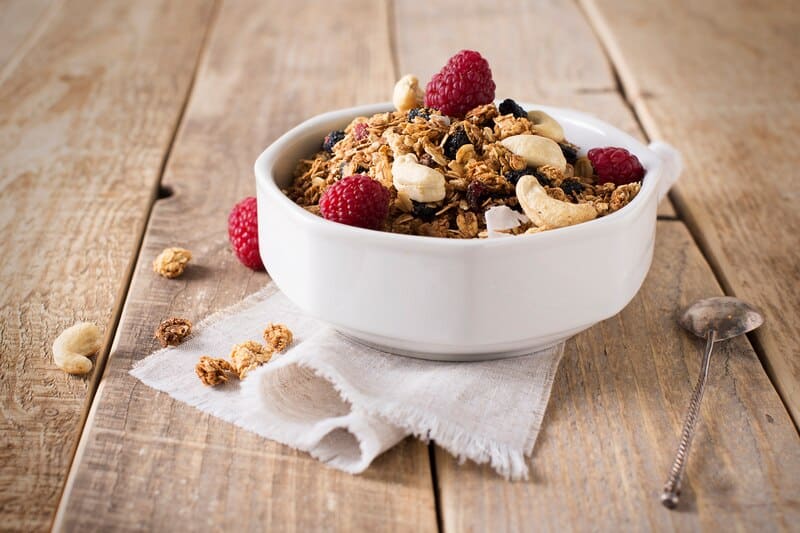
4- Whole grains
Whole grains are another crucial aspect of a balanced plant-based diet. These foods consist of grains such as brown rice, wild rice, oats, barley, durum wheat, and rye.
“Whole grains provide many essential minerals and vitamins including calcium, magnesium, potassium, iron, zinc (which helps prevent anemia), selenium (which helps protect the immune system), B vitamins (which support energy production), chromium (which helps balance blood sugar levels), and manganese (which supports bone health),” Dixon notes.
For ideas of how to enjoy whole grains in your diet, check out this Vegan Garden Fried Rice, this Jamaican-Inspired Vegan Banana Oatmeal Porridge, or these Healthy Vegan Strawberry Chia Oat Bites.
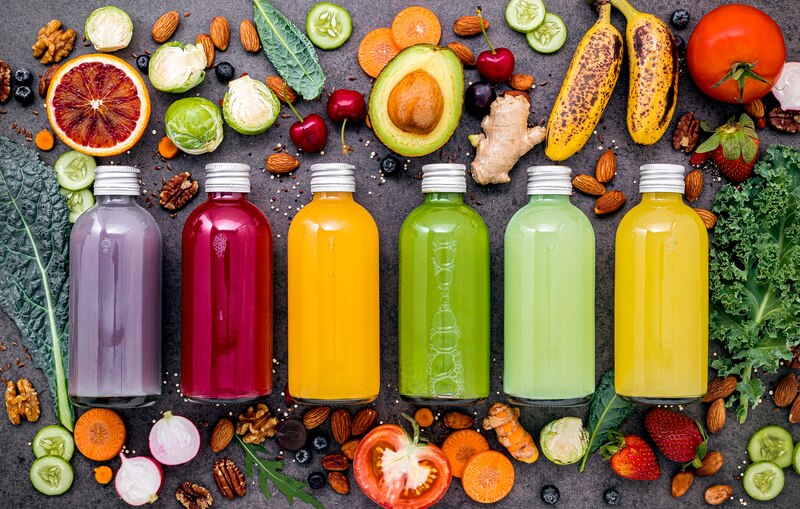
5- A rainbow of fruits and veggies
Fruits like bananas and strawberries, which are high in vitamin B6 and vitamin C, and vegetables like red peppers, sweet potatoes, butternut squash, beets, pumpkins, and carrots are other great additions to a plant-based diet.
All of these cases have distinct qualities. Orange and yellow fruits and vegetables, for example, contain beta-carotene which is converted to vitamin A in the body. To maintain good health at any age, but particularly in the senior years, people should seek to, quite simply, make like Blue Zone-rs and eat the rainbow.

